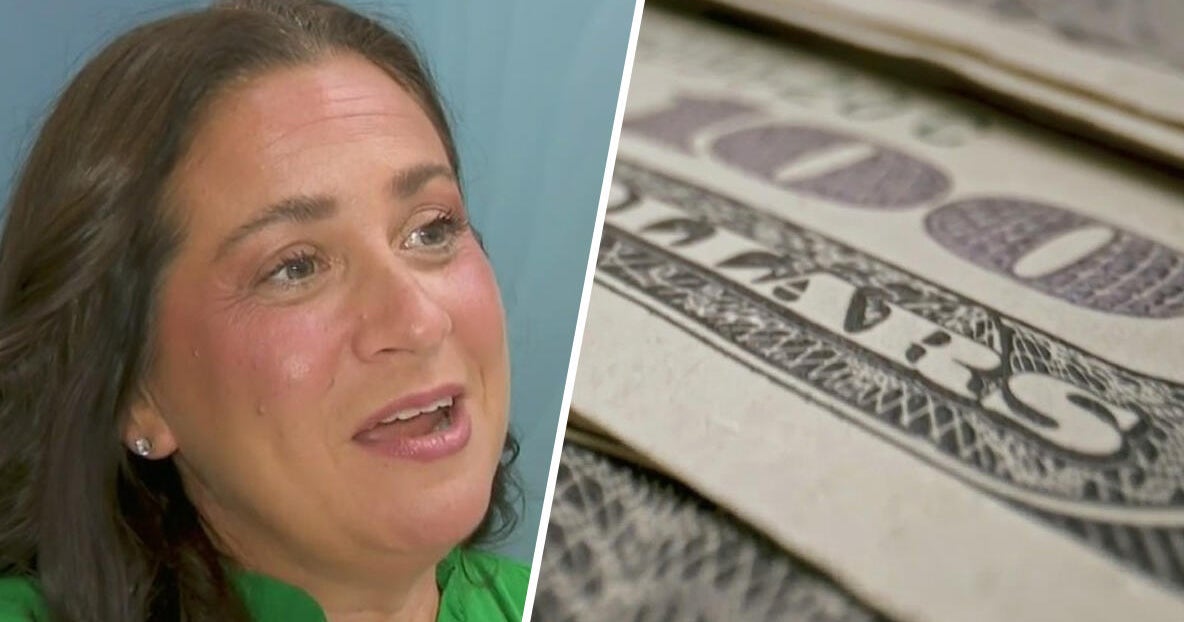Is money impacting your mental health? Do you fight with your spouse about money? Maybe you need a financial therapist.
Financial therapy is a relatively new field that focuses on the emotional side of money.
Financial therapists dig deep into a person’s emotional relationship with money, sometimes delving into their childhood to understand their behavior as adults.
“Ninety percent of our financial decisions are emotional; only ten percent are logical,” said Erika Wasserman, a certified financial therapist in Parkland. “We don’t talk enough about money. So we keep making the same mistakes over and over again.”
That’s where a financial therapist comes in. They work with people to explore their relationship with money and potentially change bad habits.
Couple turns to therapy after job loss
Wasserman stepped in to help Randy and Darlene Pozniak after Darlene, the primary breadwinner, lost her job as a health and safety director for an energy company in Canada.
“I did some research and found financial coaches and counsellors, but they weren’t getting into the why of what we were going through so that’s when I came across the term ‘financial therapy,'” Darlene said.
She decided to use money from her severance package to pay for financial therapy sessions with Wasserman. Through therapy, the Pozniaks figured out that they each had a different relationship with money dating back to childhood.
“My husband was more free with money and more willing to spend it,” Darlene said. She, on the other hand, didn’t want to talk about money or finances and always assumed her husband would handle money matters.
Now, Darlene and Randy share bill-paying duties and openly discuss finances. They even get together every Sunday for “money with honey” sessions where they discuss the family’s finances.
Therapist pushes conversation through book, game
Wasserman is spreading the word about financial therapy by writing a new book titled “Conversations With Your Financial Therapist.” She has also developed a card game that’s used to stimulate discussions about money among family members.
“The first thing people need to do is start the conversation,” Wasserman said. “Putting it off is like putting off going to the dentist.”



